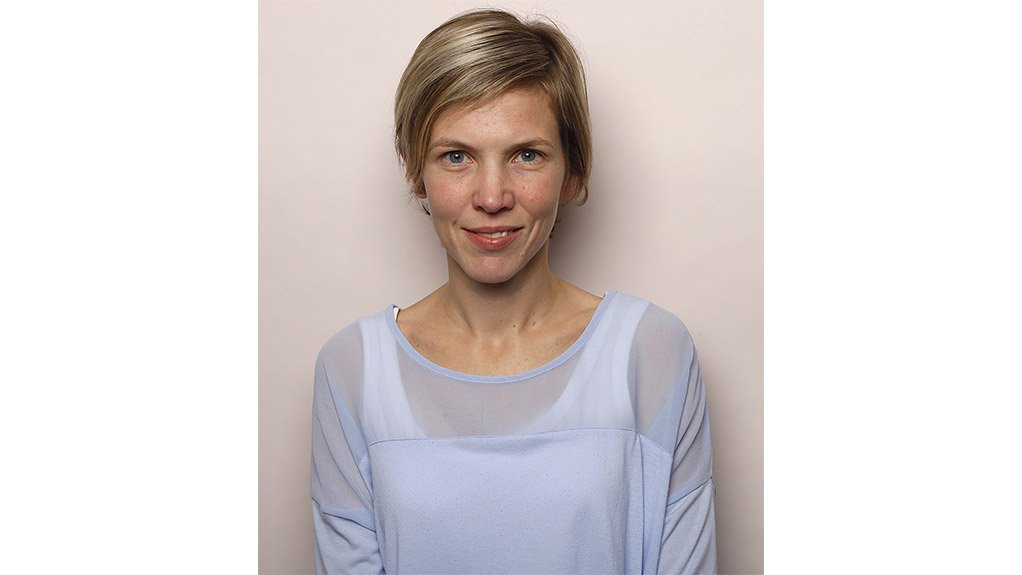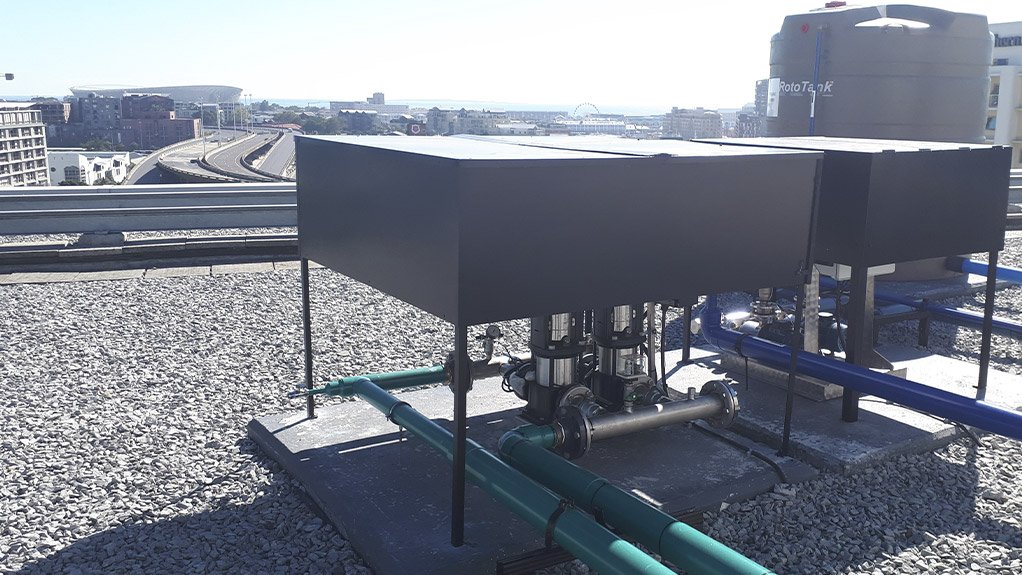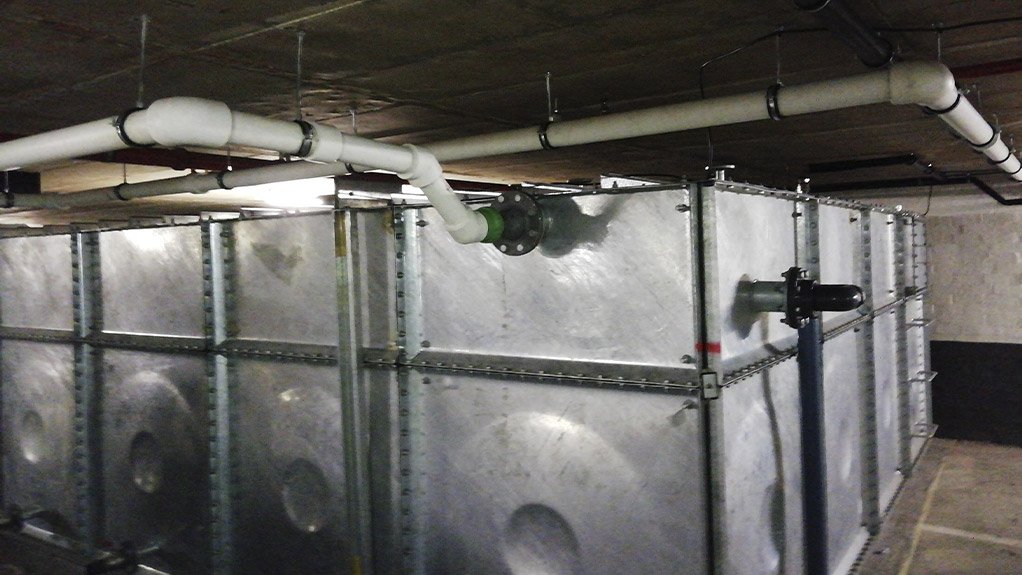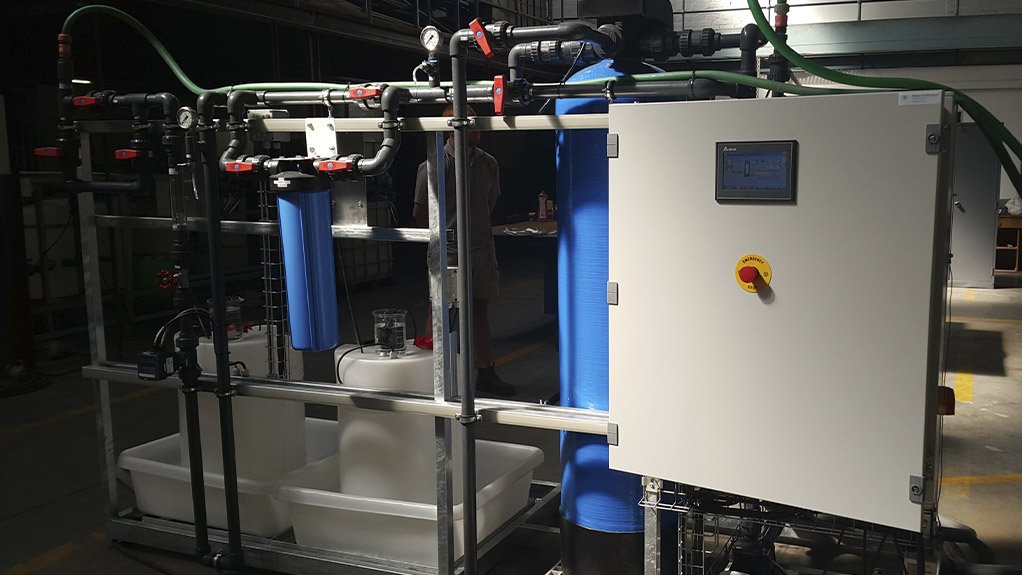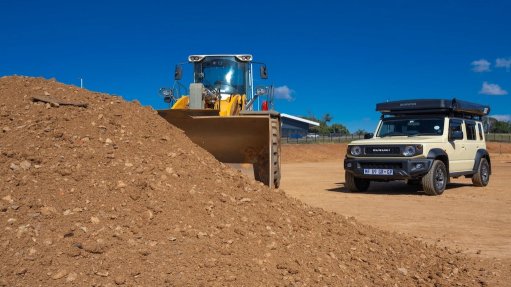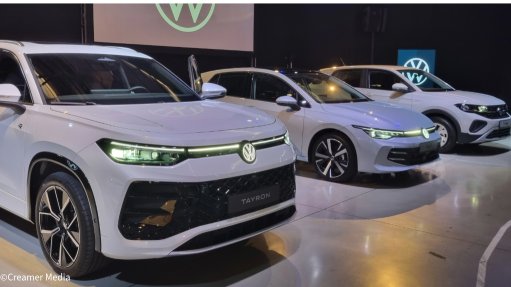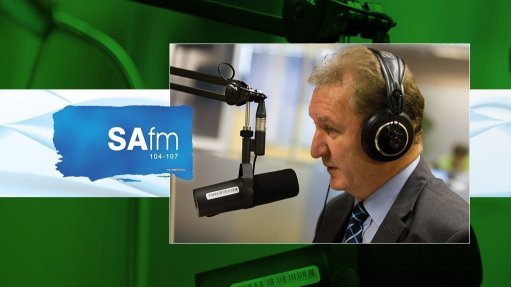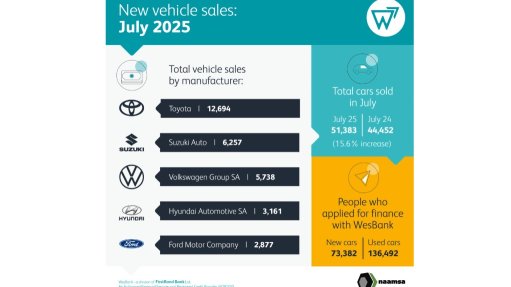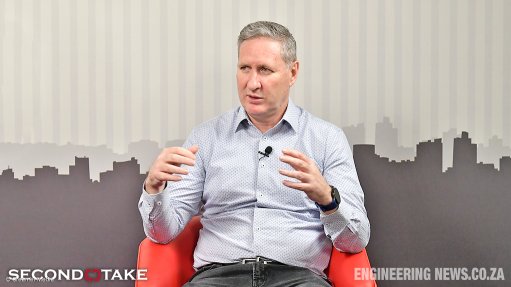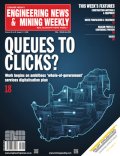AECOM offers water resilience expertise for drought-plagued SA
This article has been supplied.
Water is a precious commodity that needs to be managed wisely to serve the ever-growing population and promote economic growth. Integrated infrastructure delivery company AECOM is a global leader in providing solutions and innovations to assist communities, businesses and clients to improve their resilience.
South Africa is classified as a water-scarce country, with some projections estimating that, at present, it exploits roughly 98% of its available water-supply resources. In many areas, the water challenge is looming ever larger.
“When a severe multi-year drought, coupled with difficult water-management parameters, is experienced, such as was the case in the Western Cape from 2015 to 2018, water-crisis conditions hold serious implications and challenges everyone concerned,” Hanine van Deventer (Pr. Eng), Senior Engineer at AECOM, highlights.
The ability of all stakeholders to respond wisely, lawfully, and fairly in such a crisis becomes a daunting and complex minefield, especially to enterprises not knowledgeable of the requirements. This is where AECOM’s expertise is vital, ranging from risk assessment to mitigation of identified risks and assurance of sustainability.
During the so-called ‘Day Zero’ crisis in October 2017, when the City of Cape Town predicted it would effectively run out of water by March 2018, AECOM was approached by various private companies to provide professional services that would improve their resilience in response to water-supply interruptions.
This was driven largely by commercial interests, as in loss of revenue, as well as liability concerns in terms of safety and insurance requirements. Other aspects were the long-term goal of reduced utility costs, or ultimate independence from the municipal water supply.
“Some clients noticed the impending crisis, requested budget, and engaged early. Some were more structured, but many left these interventions too late, and were required to respond to all these critical concerns simultaneously to manage the immediate and evident crisis,” van Deventer points out.
The emergency solutions and mitigations ranged from fairly innovative to more radical measures that were “sometimes inadequate, high-risk and beyond the legislative framework.” Water-saving initiatives included replacement of conventional sanitary fittings with water-saving technology. Here the problem is not only understanding what this technology actually is, but what it can achieve.
Air-conditioning systems were altered, dual-plumbing water systems introduced, including the addition of fire extinguishers to supplement water-suppression. Supplementary water sources were also investigated. These included rain- and grey-water harvesting, reclaimed groundwater harvesting (collection of seepage groundwater or borehole water), blackwater and greywater treatment, potable water tanker supply (trucking water in via tanker water service), and use of bottled drinking water.
The options of encouraging employees to work from home to avoid business disruption and supplying them with imported water instead of having to queue during working hours, thus alleviating the inconvenience, were also considered.
“When faced with the daunting task of implementing infrastructure to combat an unprecedented event such as ‘Day Zero’ in Cape Town, stakeholders can often over- or, worse, underestimate the level of intervention required. Needless to say, time was of the essence as ‘Day Zero’ crept closer,” van Deventer warns. “Private-sector companies are seldom knowledgeable or equipped to deal with water-crisis interventions on a regular basis, possibly leading to an unwitting and/or hasty approach to implementing solutions.”
“In a world where climate, environmental, and demographic changes impact on our access to nature’s most important resource, water, it is imperative to ensure that the risks posed to water security are mitigated effectively by improving on our state of resilience,” Jan-Willem van Huyssteen (Pr. Eng), Water Executive at AECOM, concludes.
Comments
Press Office
Announcements
What's On
Subscribe to improve your user experience...
Option 1 (equivalent of R125 a month):
Receive a weekly copy of Creamer Media's Engineering News & Mining Weekly magazine
(print copy for those in South Africa and e-magazine for those outside of South Africa)
Receive daily email newsletters
Access to full search results
Access archive of magazine back copies
Access to Projects in Progress
Access to ONE Research Report of your choice in PDF format
Option 2 (equivalent of R375 a month):
All benefits from Option 1
PLUS
Access to Creamer Media's Research Channel Africa for ALL Research Reports, in PDF format, on various industrial and mining sectors
including Electricity; Water; Energy Transition; Hydrogen; Roads, Rail and Ports; Coal; Gold; Platinum; Battery Metals; etc.
Already a subscriber?
Forgotten your password?
Receive weekly copy of Creamer Media's Engineering News & Mining Weekly magazine (print copy for those in South Africa and e-magazine for those outside of South Africa)
➕
Recieve daily email newsletters
➕
Access to full search results
➕
Access archive of magazine back copies
➕
Access to Projects in Progress
➕
Access to ONE Research Report of your choice in PDF format
RESEARCH CHANNEL AFRICA
R4500 (equivalent of R375 a month)
SUBSCRIBEAll benefits from Option 1
➕
Access to Creamer Media's Research Channel Africa for ALL Research Reports on various industrial and mining sectors, in PDF format, including on:
Electricity
➕
Water
➕
Energy Transition
➕
Hydrogen
➕
Roads, Rail and Ports
➕
Coal
➕
Gold
➕
Platinum
➕
Battery Metals
➕
etc.
Receive all benefits from Option 1 or Option 2 delivered to numerous people at your company
➕
Multiple User names and Passwords for simultaneous log-ins
➕
Intranet integration access to all in your organisation



